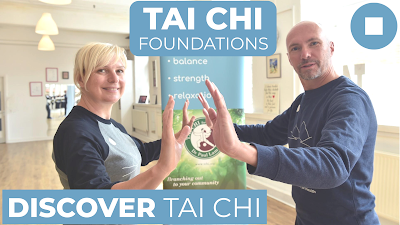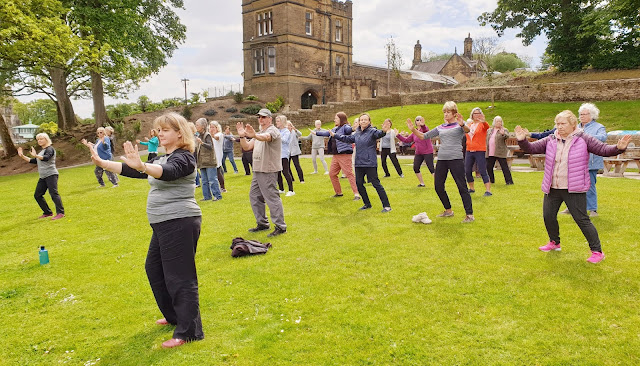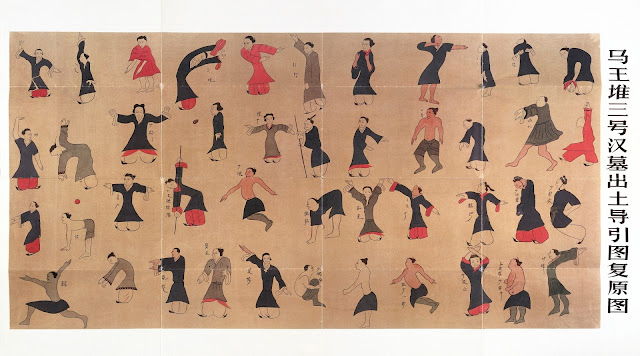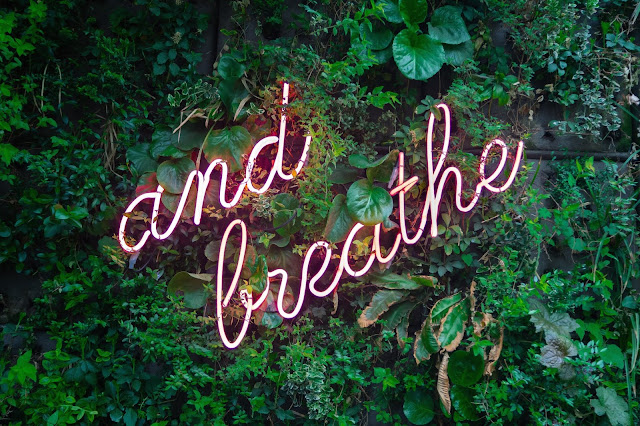You can find this movement called Wise Owl Gazes Backwards within the popular qigong set, The Eight Strands of Brocade (Baduanjin).
This movement, along with others, have their origins in an ancient Chinese health and wellness culture called Yangsheng or 'nourish life'. Archaeological evidence from the Mawangdui Tomb in Hunan Province, China, can date this culture of 'physical therapy' coupled with quiet breath awareness to 168 BC.
Before starting these movements we can practice using our simple breathing exercise to slow down and pay attention to what’s going on around us.
Once we feel comfortable with these simple movements, we can use them delve a little deeper into what’s happening within. In Tai Chi, we have the word (Yi) for mental intention. There are many different types of intention we can bring to our practice.
But before we add any other intentions we may want to discover what our default intention is.
In our day to day life, we can be goal-driven even if we are not striving to be the next Elon Musk, we probably have a strong intention to do things quickly, to find a parking space as quickly as possible, find the smallest queue in the supermarket, get where we are going as quickly as we can, possibly without knowing why. Sometimes we do have a time limit but sometimes it’s just become a habit.
Using simple Tai Chi movements we have a chance to explore a different intention for just a few minutes a day. We can explore the intention to deliberately slow down, maybe to observe a bit more maybe even take time to smell the roses?
As we bring our intention to focus more regularly it can help us develop mindfulness and be more aware of what intentions are driving us and what else we could be observing. This can help us become aware of some pleasant or neutral feelings such as clothing on the skin or the feeling the ground beneath the feet. We may become aware of the intention to rush or complete the movement and even enjoy letting it go.
It is fascinating to think that we can connect ourselves to women and men over 2000 years ago who felt the need to slow down and enjoy the very same physical and mindful movements we enjoy today.




